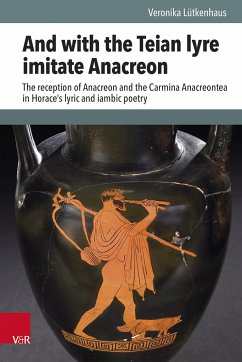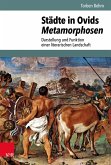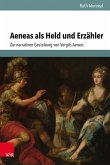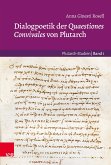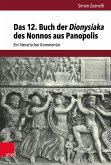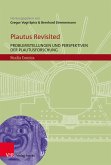This book explores, for the first time, the influence of Anacreon and the Anacreontic tradition on Horace's Odes and Epodes. It focuses first on the original fragments of Anacreon and their reception in Horace, paying attention to the central themes of wine, love, and satire.In a second part, the possibility of conscious Horatian reception of the earliest Carmina Anacreontea (and the broader Anacreontic tradition) as distinct from the original is discussed and shown to be highly probable. This imitation of imitation can be labelled, in Gérard Genette's words, as "literature in the third degree".As a significant predecessor of Horace, Anacreon can be described as no less than the central pivot between Archilochus and Hipponax, on the one hand, and Alcaeus and Sappho, on the other. He represents the tie between Horace's iambic and lyric personae and is thus a much more encompassing predecessor than any one of the other four above-mentioned counterparts.
Bitte wählen Sie Ihr Anliegen aus.
Rechnungen
Retourenschein anfordern
Bestellstatus
Storno

